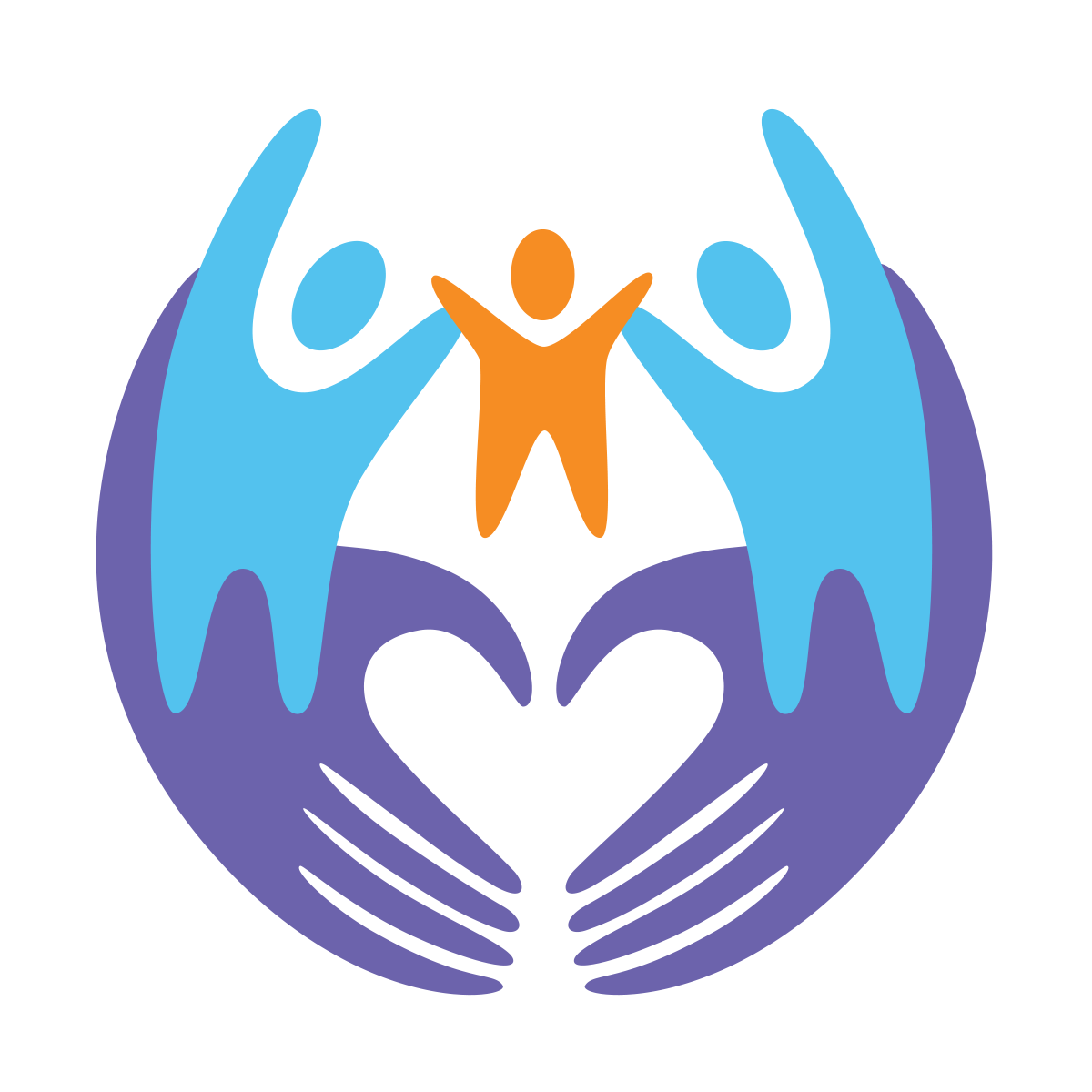Post Traumatic Stress Disorder
Learn the signs of PTSD, know your options, and reclaim your life.
PTSD
Click on the plus sign for answers to commonly asked questions.

Learn the Signs
What is Post Traumatic Stress Disorder?
PTSD is a condition which is developed or triggered by experiencing or witnessing a terrifying event.
What are the symptoms?
Symptoms may include flashbacks, nightmares and severe anxiety, as well as uncontrollable thoughts about the event. Symptoms may appear within one month of a traumatic event, but sometimes they may not appear until years later.
What are common risk factors?
Top reasons for men experiencing PTSD include rape, combat exposure, childhood neglect or physical abuse. For women, the top reasons include rape, sexual molestation, physical attack and being threatened with a weapon.
Can PTSD be cured?
No cure exists for PTSD, but the symptoms can be effectively managed to restore an individual to normal functioning. The best hope for treating PTSD is a combination of medication and therapy.

Know Your Options
Can PTSD be prevented?
Following a traumatic event, it is often possible to prevent or reduce the effect of certain responses of PTSD if intervention occurs soon after the trauma.
How is a diagnosis made?
Your doctor will perform a physical exam, a psychological evaluation, and use the criteria in the Diagnostic and Statistical Manual of Mental Disorders (DSM-5), published by the American Psychiatric Association.
How is the condition managed?
Steps for managing PTSD include talking with your doctor, learning more about the symptoms, caring for your body with exercise and healthy foods, sharing your condition with family members and friends, finding people and a support group you can trust to help you through your disorder, and resisting the urge to isolate yourself.

Treatment Options
What types of treatment are available?
The primary treatment options for PTSD are psychotherapy and medication. Combining these treatments can help improve your symptoms by teaching you self-management skills for coping with symptoms, help you regain a positive view of yourself, others and the world, as well as address any related issues such as depression, anxiety, or misuse of alcohol or drugs.
What are the medications used to treat PTSD?
Several types of medications can help improve symptoms of PTSD, such as antidepressants for depression and anxiety, short term use of anti-anxiety medications for extreme anxiety, and drugs such as Prazosin for symptoms like recurring nightmares.
How does psychotherapy help?
Several types of psychotherapy, also called talk therapy, may be used to treat PTSD. These include cognitive therapy to help understand the patterns that keep you stuck, exposure therapy to assist you in safely facing both live situations and memories you find frightening and eye movement desensitivation and reprocessing, known as EMDR, which combines exposure therapy with a series of guided eye movements that help you process traumatic memories and change how you react to them.
